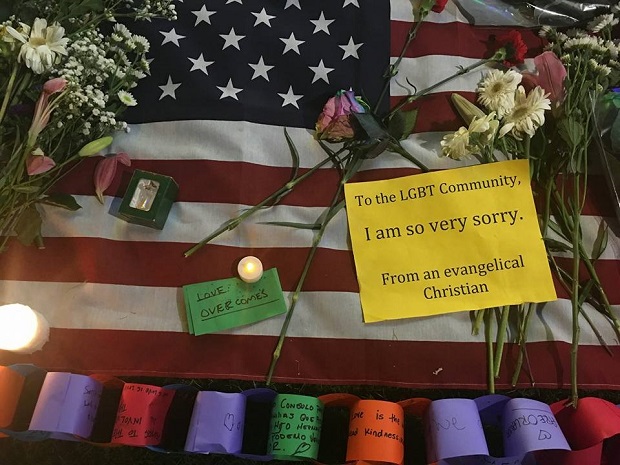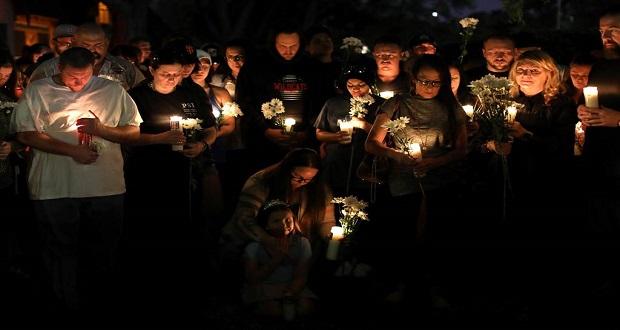
Photo Credit: Victoria Kirby York
Last week, we intended on ending our “Real Stories of Inclusion” series. This series has focused on highlighting practical ways leaders and organizations have fostered inclusive spaces. In light of the tragic events that took place in Orlando this past weekend, and some of the polarizing rhetoric that has followed, I would like to use this post to shed a positive light on a real story of inclusion during a time of tragedy.
This weekend, I saw a few posts from leaders of the religious community that really embodied, what I believe to be, a spirit of inclusion and compassion. There were also some that were not as inclusive—I will not use this as an opportunity to shed light on those.
Nonetheless, there was one Facebook post in particular that really resonated with me. It was written by Melech E.M. Thomas, a minister and community activist:
“The terrorist attack at the Pulse Nightclub in Orlando was both a mass shooting AND a hate crime fueled and founded on a culture of deep-seated homophobia. And we must name that. We as heterosexual persons can’t “All Lives Matter” this act of hatred. PARTICULARLY as the overwhelming majority of the victims were Black and Brown bodies. Does our understanding of Black Lives Matter only extend to heterosexual bodies?
Even further, does our understanding of salvation limit itself to heterosexual bodies only? Jesus died for each and every gay and queer person in that club. I really pray that this act of evil will cause us in the church to examine ourselves and how we express certain beliefs. And I hope it causes us to re-evaluate the violent language and even the violent theologies that we preach which create environments conducive to acts of evil like this. The entire purpose of the Gospel is to show the world how love overrides truth and grace stands more powerful than the law. May we move forward with a greater understanding of the love of Jesus Christ.
“I will pour out my Spirit on ALL flesh, saith the Lord.” ALL Flesh. Not just the flesh you like or agree with. God bless Orlando. And God make us better reflections of Your unconditional love. Amen.”
Thomas’ post stood out to me as a real story of inclusion for several reasons. He used his platform and privilege to not only advocate on behalf of a group that he is not part of (LGBTQ community), but to also challenge the flawed ideals and status quo that is often times maintained by those groups (Christian, black, heterosexual communities) of which he belongs. I think Thomas’ message encourages reflection and calls for one to check their privilege, something I believe to be critical to truly inclusive leadership.
Lastly, and above all, I think Thomas effectively articulates what it really means to choose love. And during times like this, we need more messages like that.


















